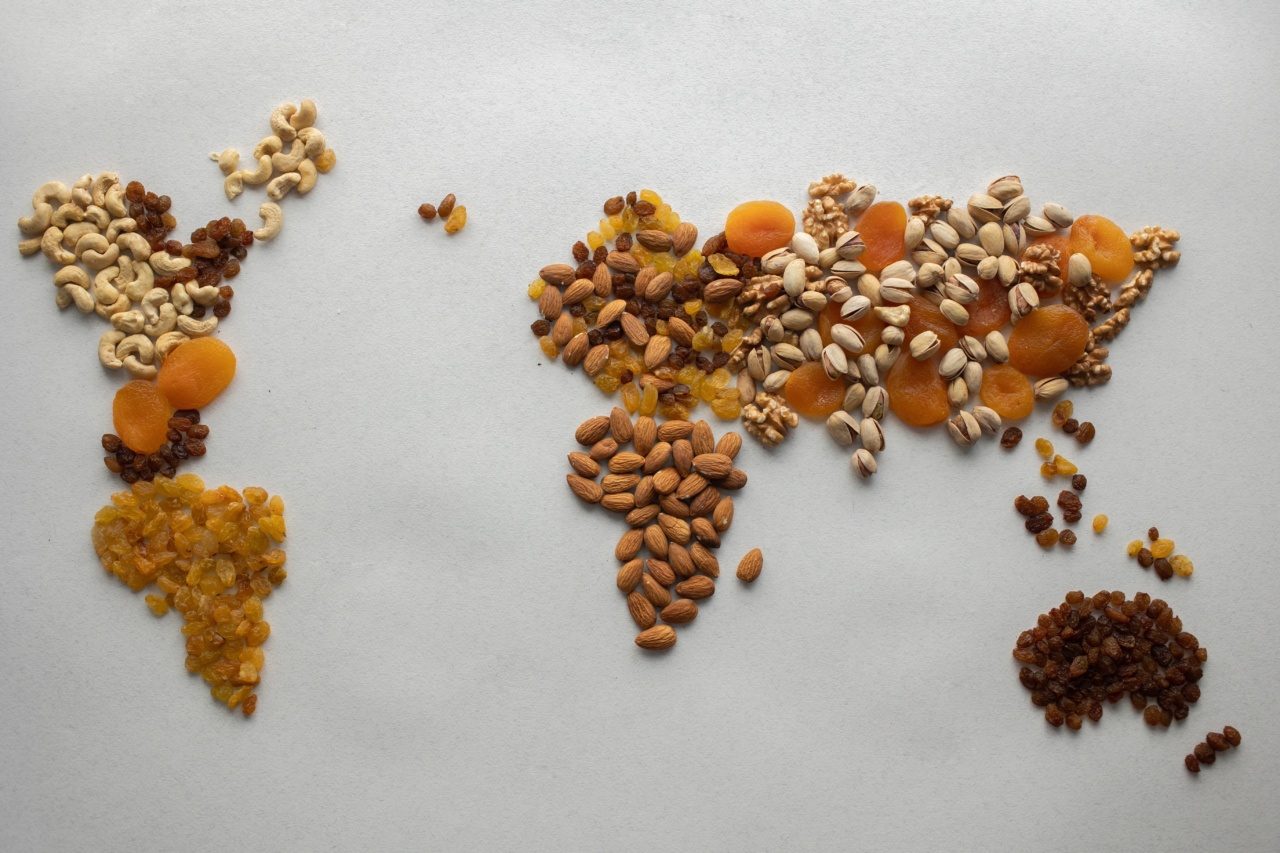World Nutrition Day is celebrated every year on [insert date] to raise awareness about the importance of healthy eating and good nutrition. On this day, it is crucial to take a global perspective on food standards and how they impact our nutrition.
Food standards play a significant role in ensuring the safety, quality, and nutritional value of the food we consume. In this article, we will explore the diverse food standards and regulations worldwide, the challenges faced in achieving global food safety, and the role of international organizations in establishing and harmonizing these standards.
The Importance of Food Safety Regulations
Food safety regulations are a fundamental aspect of ensuring the quality and safety of our food supply.
These regulations set standards for production, processing, and handling of food products to minimize the risk of contamination, foodborne illnesses, and other health hazards. Adhering to food safety regulations helps prevent outbreaks of diseases caused by consuming unsafe food, safeguarding public health and promoting well-being.
Different countries and regions have their own food safety regulatory frameworks, which may vary in terms of specific requirements and enforcement mechanisms.
However, there are also international standards, such as those set by the Codex Alimentarius Commission, that provide guidance for food safety practices globally.
Labeling Requirements and Consumer Information
In addition to food safety regulations, labeling requirements play a crucial role in providing consumers with accurate and essential information about the food they are purchasing.
Clear and consistent labeling can help consumers make informed choices about the nutritional content, allergens, and origin of the food. It enables those with specific dietary requirements or allergies to identify suitable products and empowers individuals to make healthier choices.
Each country has its own set of labeling requirements, but efforts are being made to harmonize labeling standards internationally.
The need for clear and visible labels becomes even more critical in the global food trade, where products cross borders and consumers must be able to understand the information provided regardless of their language or cultural background.
The Role of International Organizations
Several international organizations play a vital role in setting food standards and regulations, facilitating collaboration among countries, and promoting global food safety.
One prominent organization is the World Health Organization (WHO), which works closely with the Food and Agriculture Organization (FAO) to develop and promote global food safety guidelines.
The Codex Alimentarius Commission, established jointly by the WHO and the FAO, brings together experts from around the world to develop international food standards, guidelines, and codes of practice.
These standards, known as Codex standards, provide a reference point for governments, food producers, and processors to ensure food safety and protect consumer health globally.
Sustainable Agriculture and Food Security
While food safety regulations and standards focus on the safety and quality of our food, sustainable agriculture practices address the environmental and social aspects of food production.
Sustainable agriculture aims to minimize the negative impact of agricultural practices on the environment, conserve natural resources, and promote social equity. It recognizes the interconnectedness of food production with the health of ecosystems and communities.
Implementing sustainable agriculture practices is crucial for ensuring long-term food security. As the global population continues to grow, the demand for food increases, putting pressure on existing resources.
Sustainable agriculture practices, such as organic farming, agroforestry, and efficient irrigation systems, promote resilience, reduce resource depletion, and contribute to food security by ensuring a stable and sustainable food supply.
Nutrition Challenges Worldwide
Despite efforts to establish food standards and promote sustainable agriculture, numerous nutrition challenges persist worldwide. Malnutrition, both in the form of undernutrition and overnutrition, remains a significant concern in many countries.
In some regions, undernutrition is prevalent, leading to stunted growth, deficiencies in essential nutrients, and impaired cognitive development.
This issue is particularly critical in low-income countries, where access to nutritious food is limited or unevenly distributed. Comprehensive strategies that address poverty, improve agricultural practices, and enhance access to education and healthcare are fundamental for combating undernutrition.
On the other hand, overnutrition and diet-related diseases, such as obesity, diabetes, and cardiovascular diseases, have reached epidemic proportions in many parts of the world.
The availability of inexpensive, ultra-processed foods high in unhealthy fats, sugars, and salt contributes to poor dietary choices and unhealthy eating habits. Addressing overnutrition requires comprehensive interventions, including education on healthy eating, regulation of marketing practices, and promoting the availability of nutritious foods.
Conclusion
Food standards and regulations play a crucial role in ensuring the safety, quality, and nutritional value of the food we consume. They provide a framework for food safety practices, labeling requirements, and sustainable agriculture.
International organizations, such as the WHO, FAO, and Codex Alimentarius Commission, play a vital role in establishing global food standards and harmonizing regulations worldwide.
However, despite these efforts, nutrition challenges persist globally. Malnutrition, both in the form of undernutrition and overnutrition, remains a significant concern.
Addressing these challenges requires a comprehensive approach that combines efforts to improve food safety, promote sustainable agriculture, and educate consumers about healthy eating habits. By working together on World Nutrition Day and beyond, we can strive for a world where everyone has access to safe, nutritious, and sustainable food.




























